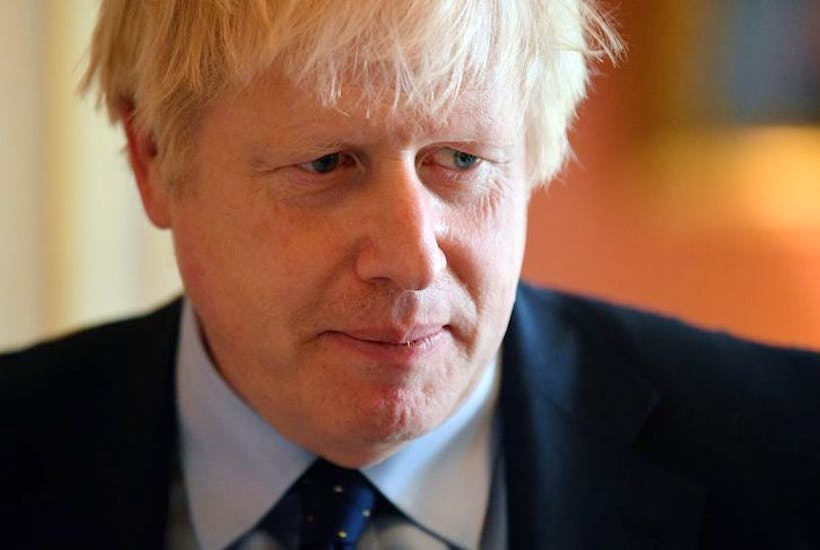Although Downing Street heralded Thursday the ‘first day of the election campaign’, Boris Johnson is yet to be able to call an election. Today Labour and other UK opposition parties have agreed not to back the prime minister’s call for general election before the October EU summit. Explaining the decision, the Scottish National Party’s Ian Blackford said they wanted to make sure the UK did not crash out in a no-deal Brexit.
Ahead of the meeting, Corbyn had been under pressure from figures including Keir Starmer to hold off on an early election until after an extension has been requested on October 19. Johnson had hoped to have an election October 15 – before the crucial EU summit meeting and thereby run a campaign about who should go to that meeting and represent the UK. In response to the news, a No. 10 spokesman said:
‘Jeremy Corbyn has voted to wreck the negotiations, to delay Brexit until 2020 at least, to hand over billions if Brussels demands it, and to stop the public having a vote until after Brexit is delayed again.
‘Corbyn does not trust the people. He wants to cancel the referendum result and stop the people having a say.
‘The prime minister trusts the people and thinks they should decide who goes to Brussels on October 17 to negotiate – and he will get us out on October 31 with or without a deal.’
So, what options are left for Johnson? There had been talk within government of proposing a one-line bill that would say something along the lines of ‘not withstanding the Fixed-term Parliaments Act, there will be an election on October 15’. That would require a simple majority – but the shift in position of all the opposition parties (including the SNP) means even that could now be off the table. What’s also troubling government figures about such a move is that a vote would be amendable and Johnson is far short of a working majority. One member of government tells me they fear an amendment could be added to try to change the date – or reduce the voting age to 16. ‘They could make the circumstances for an election very difficult for us.’
There are a handful of other routes Johnson could try. There’s some talk in the party of Johnson trying to call a confidence motion in himself – would Jeremy Corbyn’s Labour really want to go on the record saying they had confidence in a Tory prime minister? Or, if the bill reaches royal assent and there is pressure on Johnson to request a delay, he could simply refuse and see what his critics do. Launch a legal challenge? Perhaps.
Downing Street is adamant that Johnson will not request a Brexit delay in any shape or form. In his speech in Yorkshire, Johnson said he would rather ‘die in a ditch’ than delay Brexit. Should push come to shove, the prime minister could resign rather than go through with a delay. Johnson could suggest that the Queen ask Corbyn to request and sign any extension, thereby putting pressure on the remain alliance, and highlighting rifts over a so-called government of national unity.
If an extension is agreed, the landscape in which Boris Johnson would have to position himself gets more difficult. If he is campaigning after a year-long extension has been agreed, Johnson could not use the EU council meeting as a pivotal moment for voters to rally behind. However, any extension would also be easily seized on by Tories in an eventual election as clear proof Corbyn was against Brexit. It’s clear from the No. 10 statement today that Johnson and his team plan to make Corbyn own the extension in an election – whether or not an extension has been agreed by the time the election occurs.
This article was originally published on The Spectator’s UK website.



















